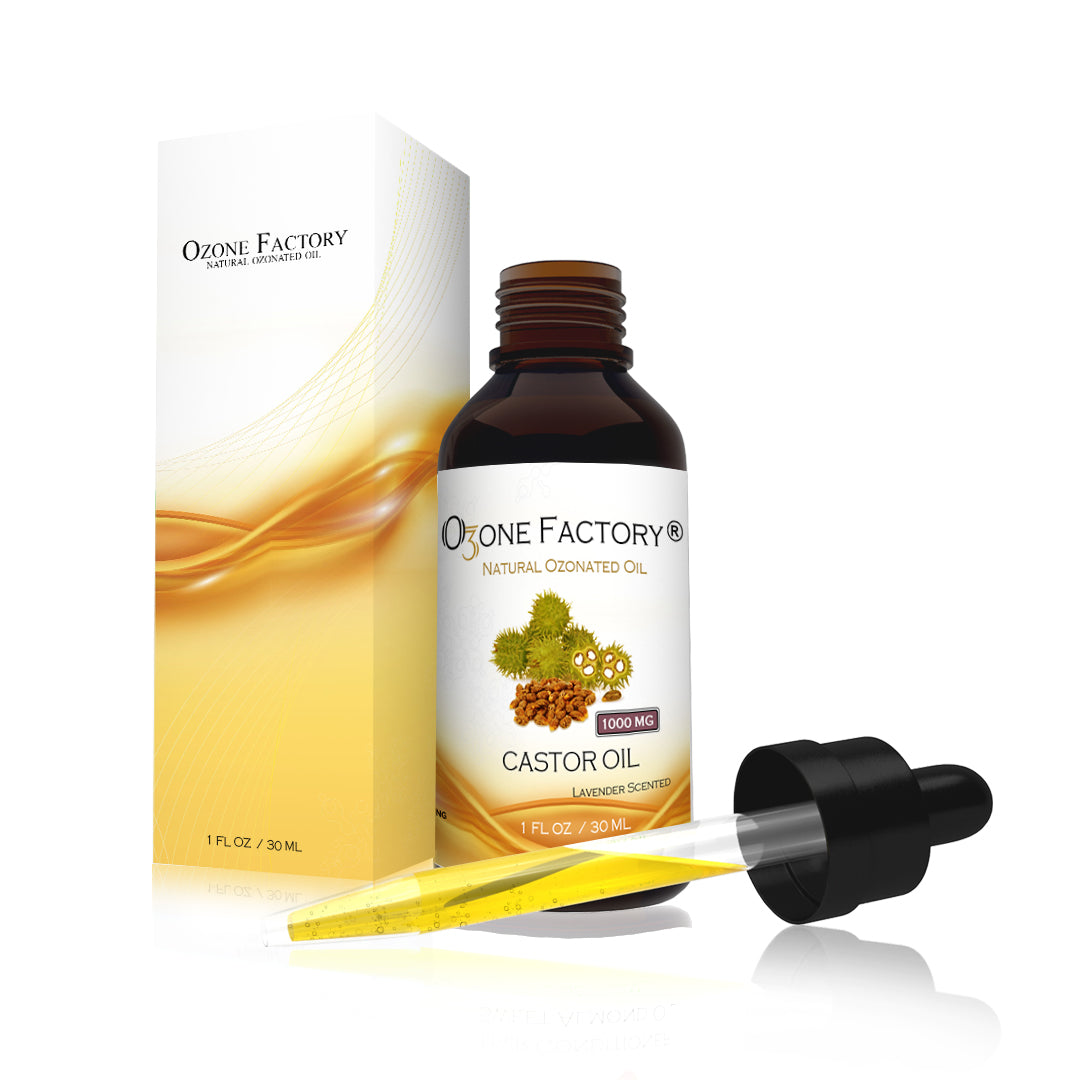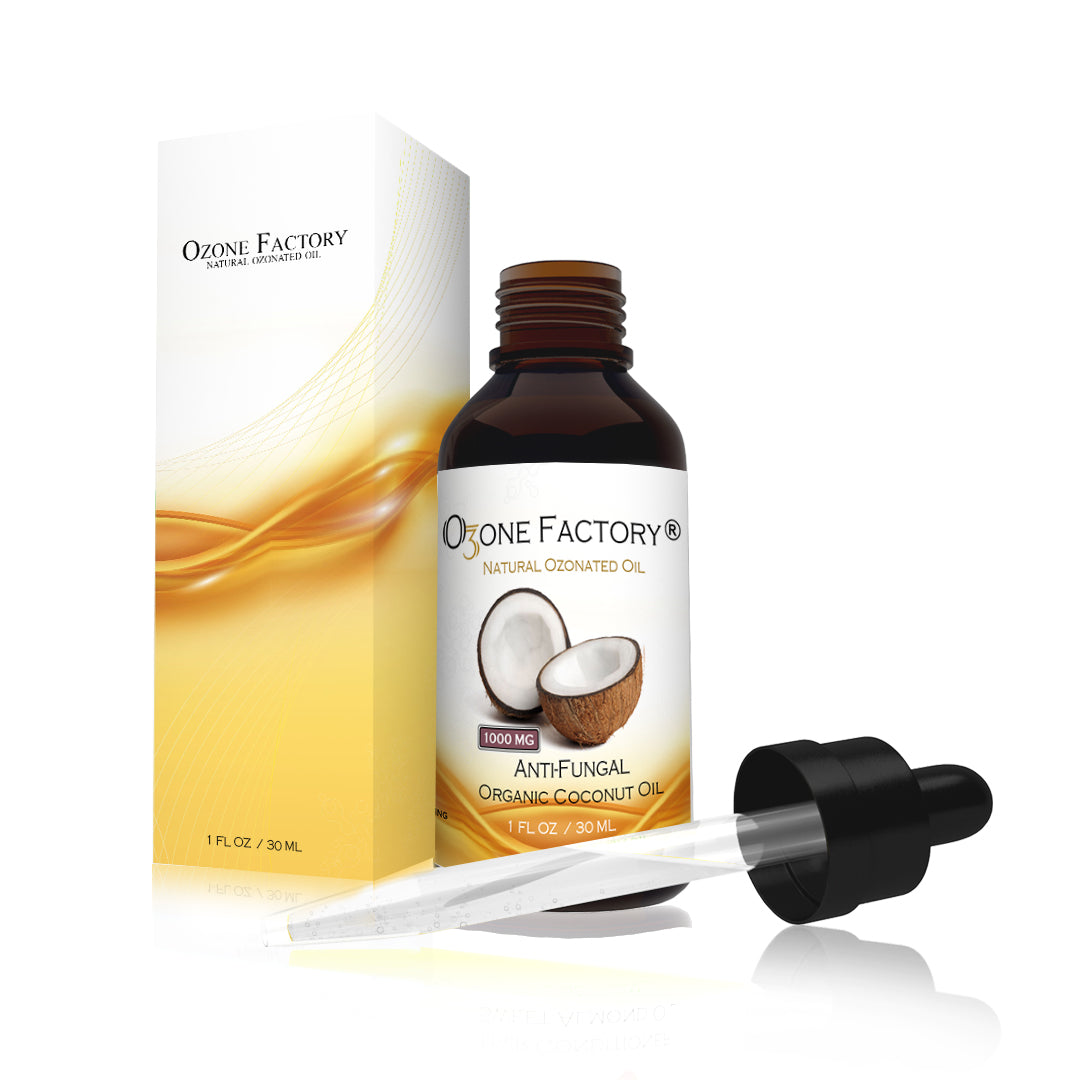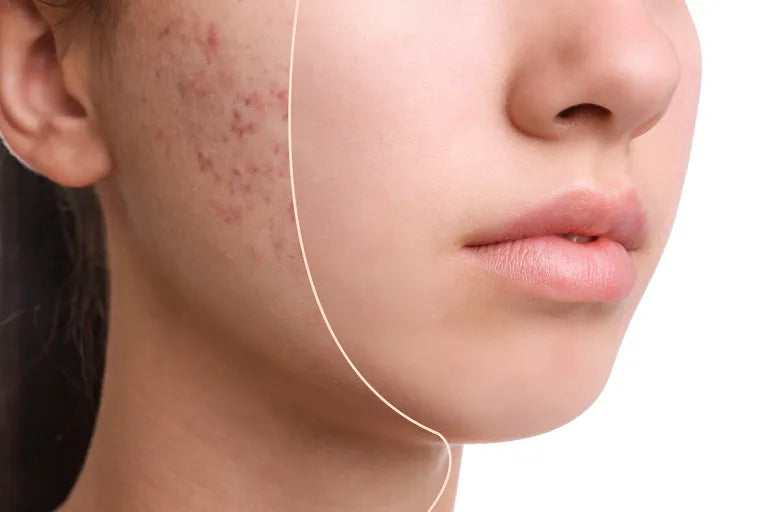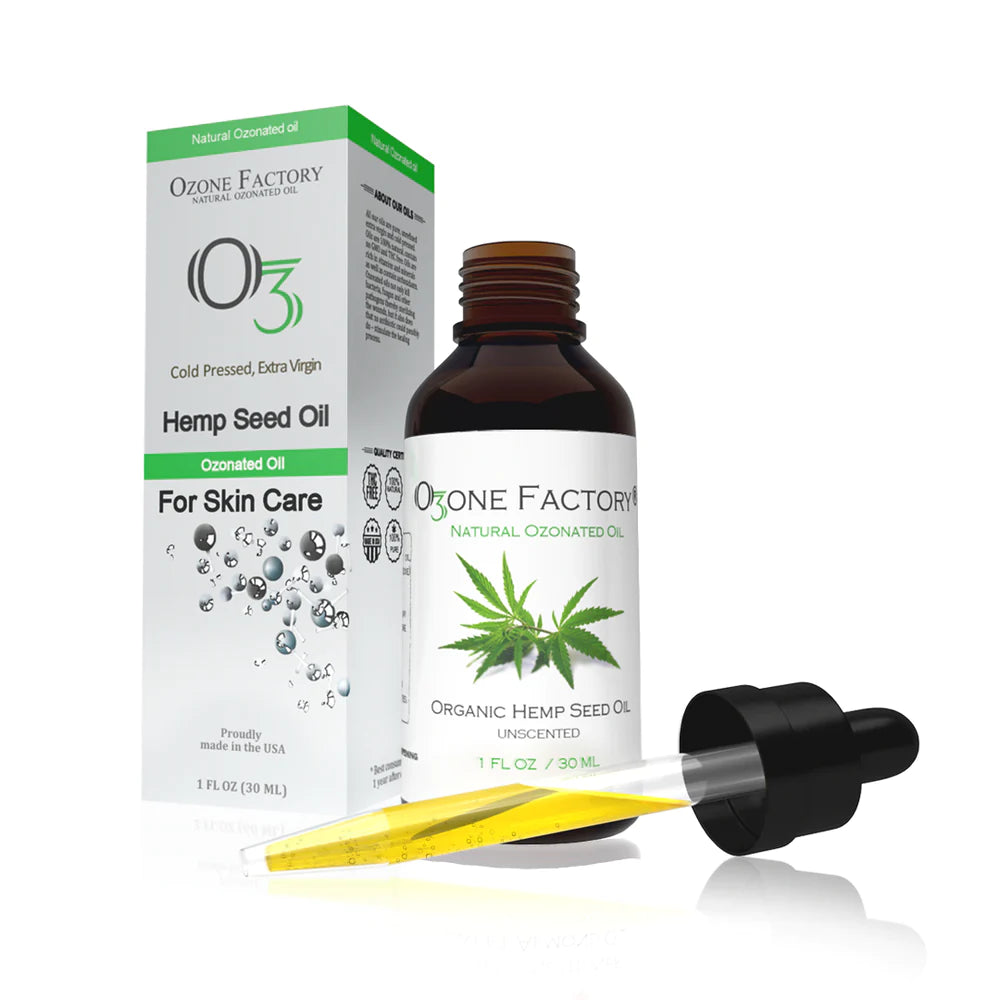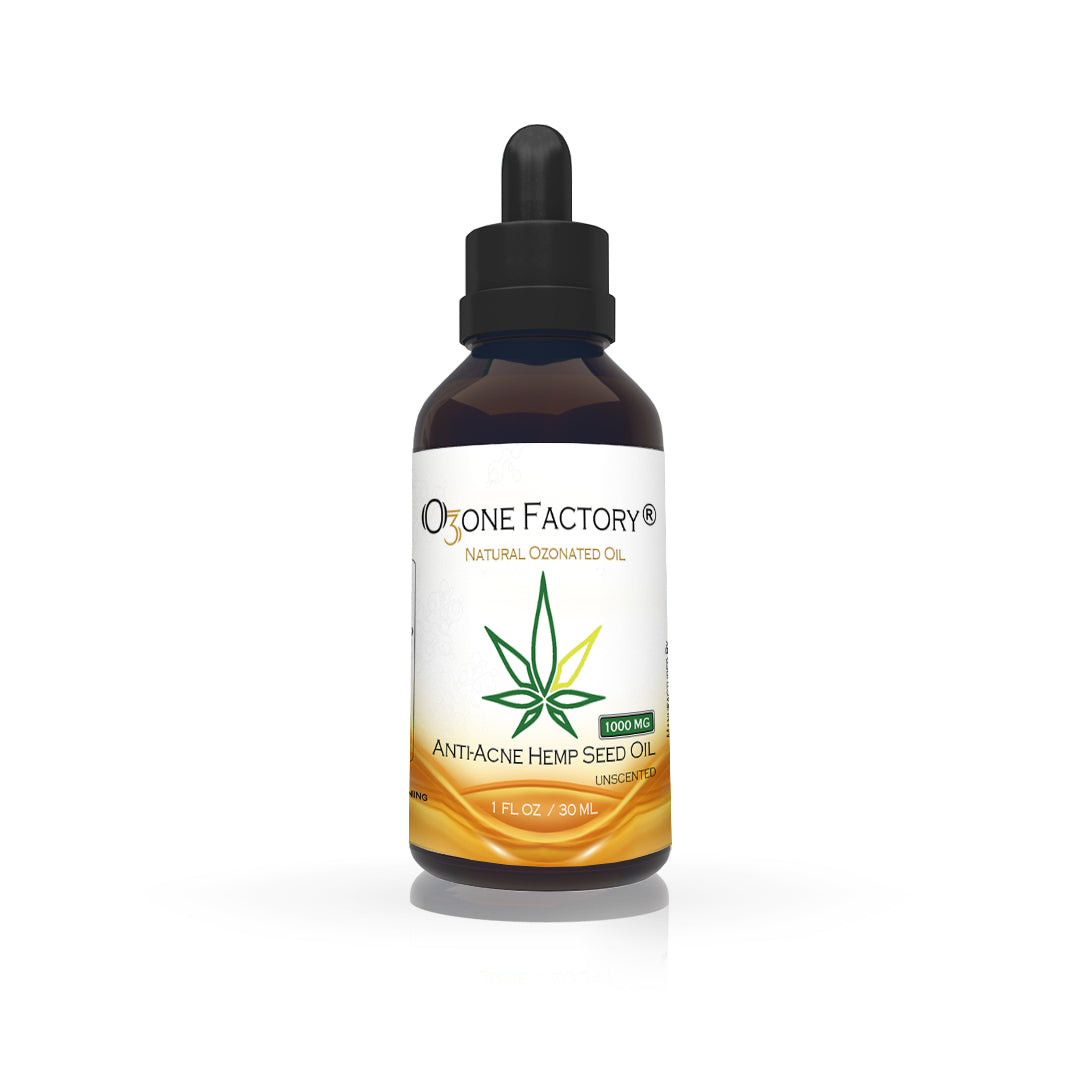
Atrophic rhinitis, a condition characterized by the inflammation and degeneration of the nasal mucosa, can be a challenging and uncomfortable ailment. While conventional treatments provide relief to some extent, there's growing interest in alternative therapies that offer new hope to those suffering from this condition. One such promising remedy is the use of ozonated oils, which have shown impressive potential in alleviating the symptoms and addressing the root causes of atrophic rhinitis. In this article, we will explore what atrophic rhinitis is, how ozonated oils work, and the potential benefits of this natural remedy.

Understanding Atrophic Rhinitis
Atrophic rhinitis, also known as ozena or chronic rhinitis, is a rare, chronic nasal disorder characterized by the inflammation and subsequent atrophy of the nasal mucosa. The nasal mucosa plays a vital role in maintaining the health of our nasal passages. It filters the air we breathe, humidifies it, and traps pathogens to prevent infections. However, in atrophic rhinitis, this protective layer degenerates, leading to a host of uncomfortable and potentially embarrassing symptoms:
- Nasal Congestion: Atrophic rhinitis often results in persistent nasal congestion, making it difficult for individuals to breathe freely.
- Foul Odor: One of the most distinctive features of atrophic rhinitis is the production of a foul-smelling discharge due to bacterial overgrowth in the nasal cavity.
- Dryness and Crusting: The loss of nasal mucosa can lead to excessive dryness and crusting inside the nostrils, causing discomfort and frequent nosebleeds.
- Epistaxis: Nosebleeds are common in atrophic rhinitis due to the fragile and damaged nasal tissues.
- Altered Appearance: In advanced cases, the nasal tissues can atrophy to such an extent that the nose appears shrunken, leading to social and psychological distress.
Atrophic rhinosinusitis may be categorized into two forms: primary (or idiopathic) and secondary.
- The primary form is seen primarily in young people in the developing world. It is associated with mucosal colonization, predominantly with Klebsiella ozaenae, as well as other organisms. The primary presenting symptom is foul-smelling nasal discharge.
- Secondary atrophic rhinosinusitis is seen with some regularity in the developed world and occurs in patients who underwent prior sinonasal trauma, surgery, radiation therapy, or have certain inflammatory conditions (granulomatous diseases).

The Benefits of Ozonated Oils for Atrophic Rhinitis
- Antimicrobial Properties: Ozonated oils have potent antimicrobial properties, making them effective against bacteria and fungi that may contribute to atrophic rhinitis. By applying these oils to the nasal passages, they can help eliminate or reduce the microbial load responsible for infections.
- Anti-Inflammatory Action: Ozone has been shown to have anti-inflammatory effects, which can be beneficial in reducing the inflammation associated with atrophic rhinitis. This can help alleviate symptoms such as nasal congestion and discomfort.
- Enhanced Healing: Ozonated oils can promote tissue repair and regeneration. This is crucial in cases of atrophic rhinitis, where the mucosal tissue lining the nasal passages is damaged or degenerated. The application of ozonated oils may help stimulate tissue healing and regeneration.
- Improved Blood Flow: Ozone therapy has the potential to improve blood circulation in the nasal tissues. Enhanced blood flow can promote healing and tissue health, reducing the likelihood of recurrent infections.
- Safe and Natural: Ozonated oils are generally considered safe and natural remedies, with few side effects reported. They offer a non-invasive option for individuals seeking relief from the discomfort of atrophic rhinitis.

Conclusion
Atrophic rhinitis can be a challenging condition to manage, but ozonated oils offer a promising natural remedy to help alleviate its symptoms and promote nasal health. With their antimicrobial, anti-inflammatory, and wound-healing properties, ozonated oils may provide relief for those suffering from this condition. As with any medical treatment, it is essential to consult with a healthcare professional before starting any new therapy, especially for a chronic condition like atrophic rhinitis. Ozonated oils represent an exciting frontier in the pursuit of natural, effective solutions for improving nasal health and well-being.

